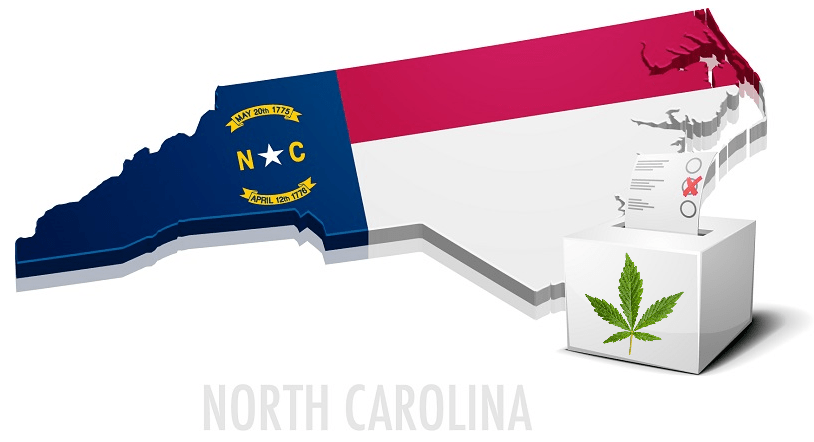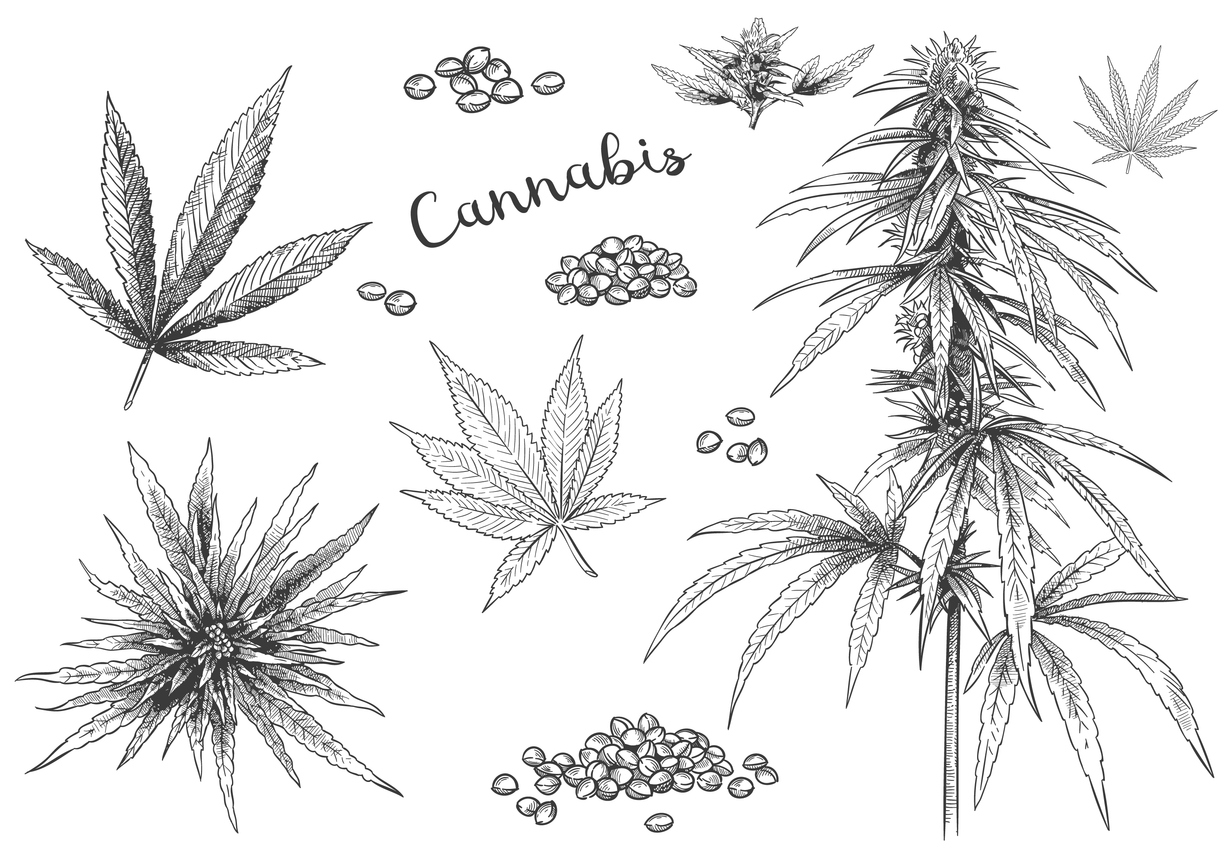Governor Roy Cooper has signed a bill into law that protects the hemp industry in North Carolina. The new law makes it permanently legal to grow, process, and sell hemp and hemp-derived products in the state.
Earlier, the North Carolina General Assembly gave final approval to language that would make hemp products for industrial use and others with personal care uses like CBD oil, hemp-derived gummies, and Delta-8 (D8) permanently exempt from North Carolina’s list of illegal drugs.
This was required by the end of June so growing plants in this state can continue participating as part of a federal production program run by the USDA ( United States Department Of Agriculture).
Cooper signing this bill into law is good news and a big win for the hemp industry in North Carolina, which has been growing rapidly in recent years. Hemp is a versatile plant that can be used to create a number of different products. These products include clothing, paper, and even food. This permanent legalization of hemp will allow North Carolina farmers to plan for the future to meet the demand, which in turn will be an even greater boost to the economy. Hemp is a sustainable crop that does not require large amounts of water or pesticides. It also grows quickly, which makes it an ideal crop for the sustainable thinking farmers of North Carolina.
North Carolina has over 1500 hemp producers.
Cannabis Study Conclusion
While the jury is still out on CBD as a colon cancer-fighting option these studies seem to be pretty optimistic and show promise.
Hemp is making a comeback in the United States
As referenced in the Ancient Cultures and Cannabis article, hemp’s hardy and versatile reputation dates back to ancient China. Industrial hemp was a leading crop in 19th century America, and the Declaration of Independence was even drafted on hemp-based paper! Hemp remained a dominant crop in the American agricultural landscape into the 20th century, with entrepreneurs like Henry Ford singing its praises for use as a raw material in plastics production. Hemp was riding high over 100 years ago in our country, so what happened? In short, a lot of backward thinking.
The passage of the Marijuana Tax Act in 1937 created mass public confusion, with many equating THC-free hemp and THC-rich cannabis as the same plant (link to the article on the difference between hemp and cannabis/cannabinoid descriptors) . This fear coupled with harassment by local law enforcement led many farmers to stop growing hemp altogether. Things progressed in this manner until the passage of the 1970 Controlled Substance Act, which prohibited the cultivation of hemp in the US. Thankfully, the tide began to turn with the passage of the 2018 “Farm Bill” making the cultivation of hemp containing a THC concentration of less than 0.3% legal in all 50 states.
Governor Cooper’s recent legislation is a very positive chapter in the history of cannabis for the state of North Carolina, providing permanent protection for the right to grow hemp for industrial purposes and for the extraction of cannabinoids.





